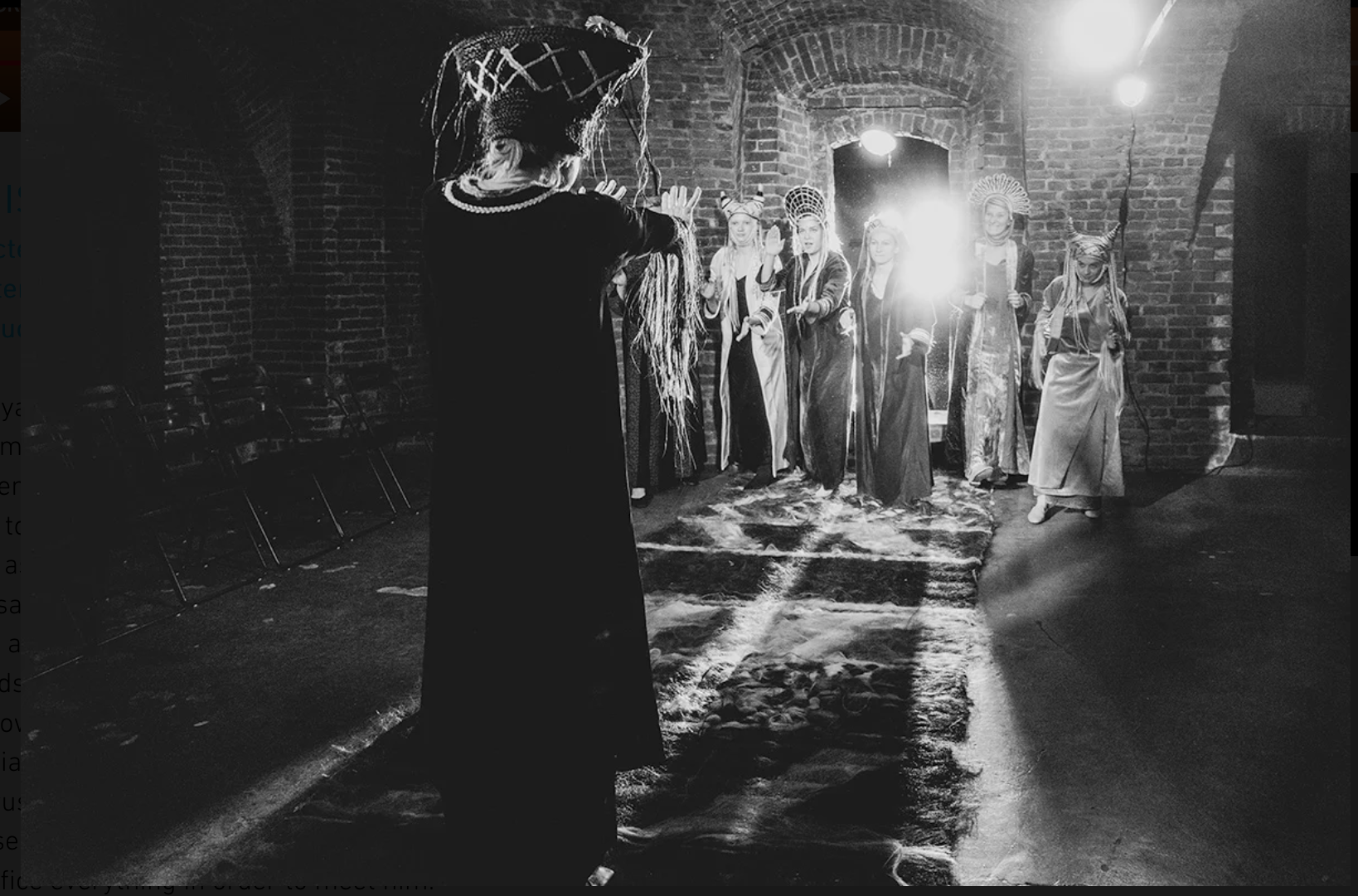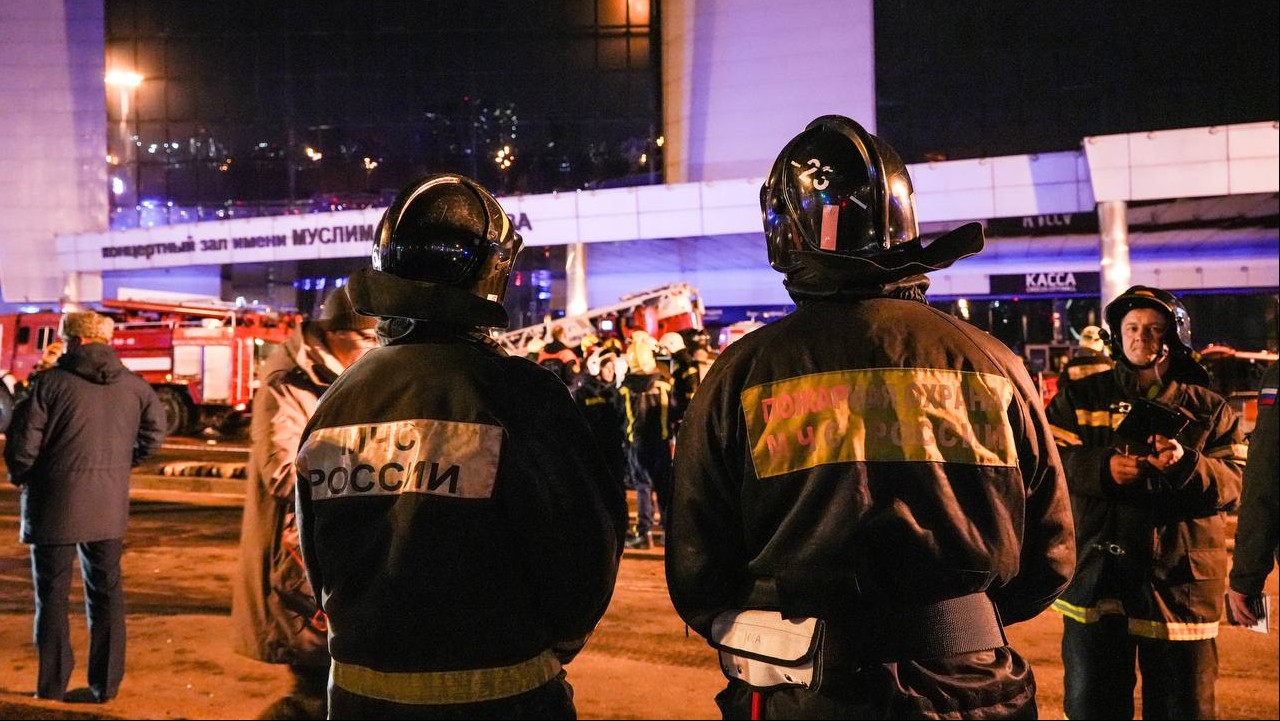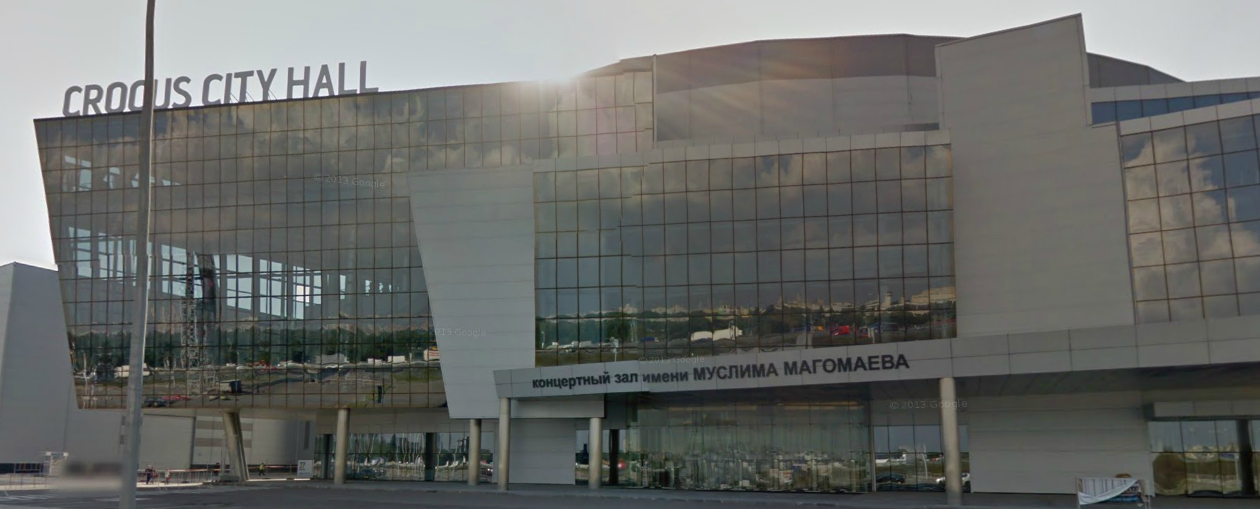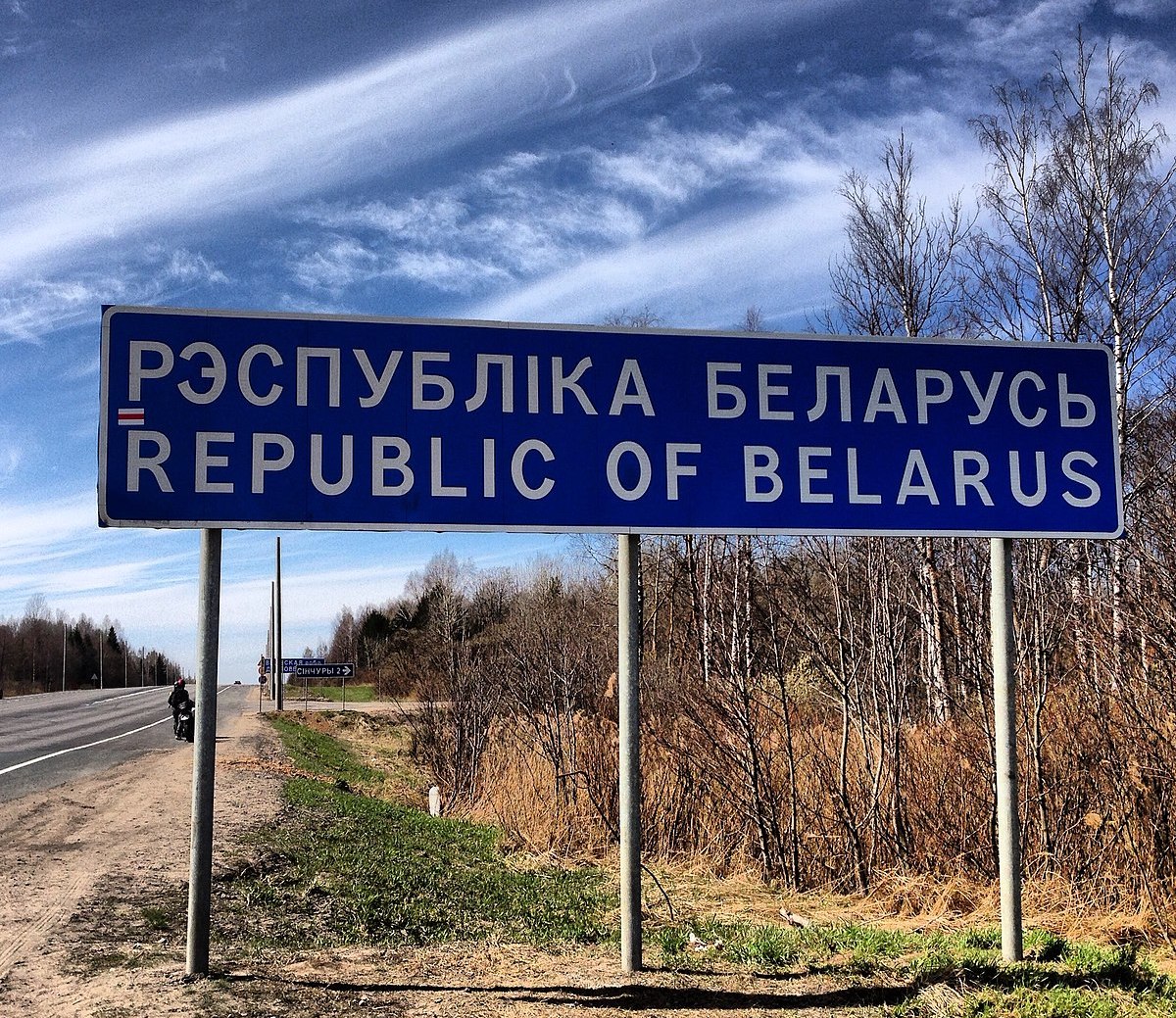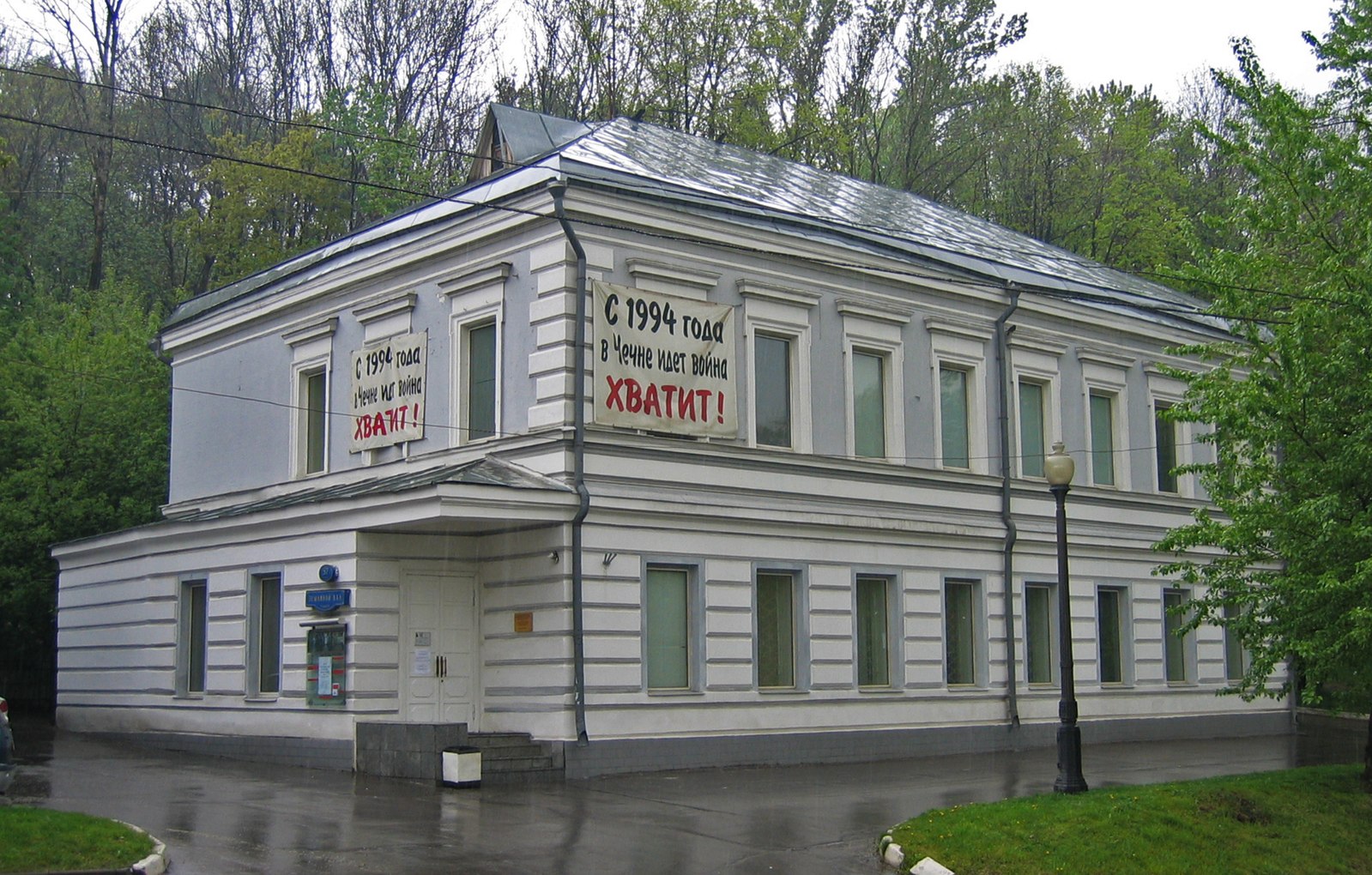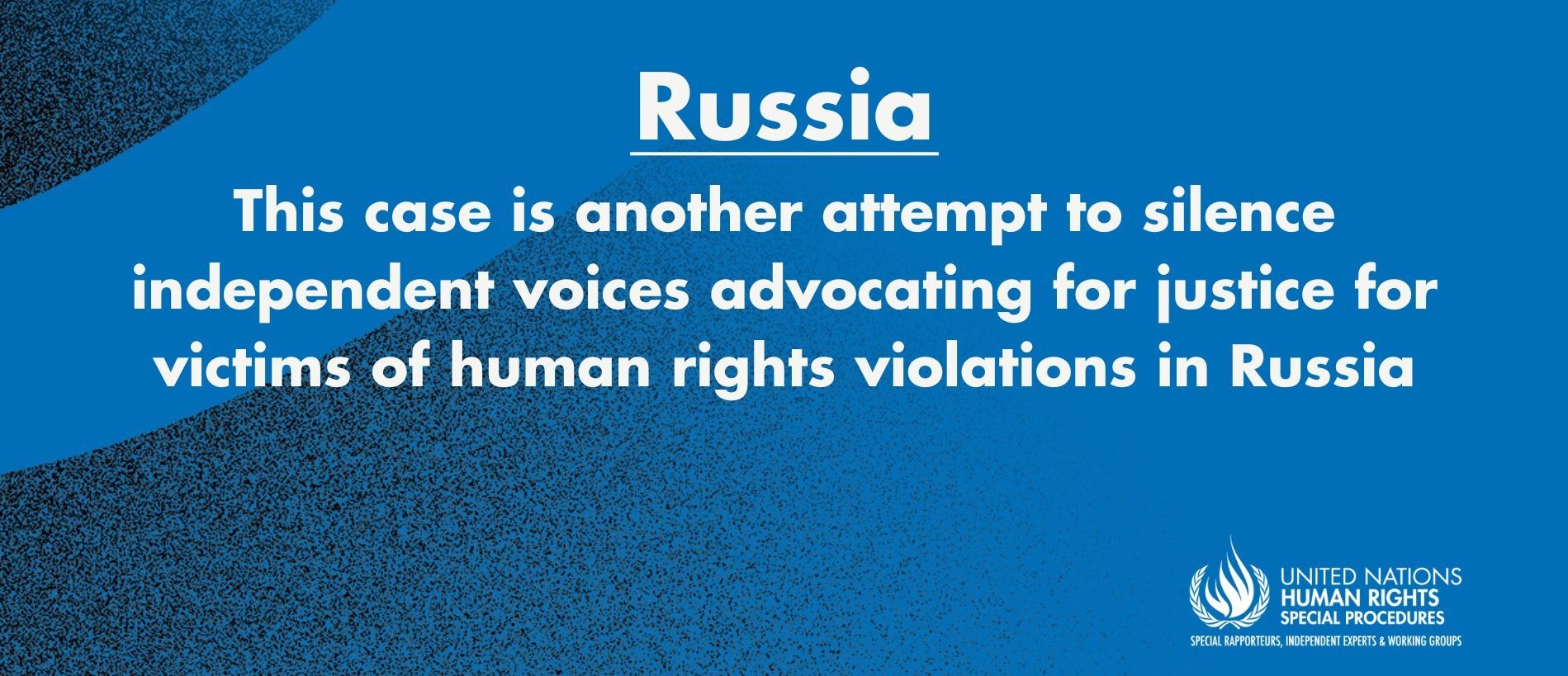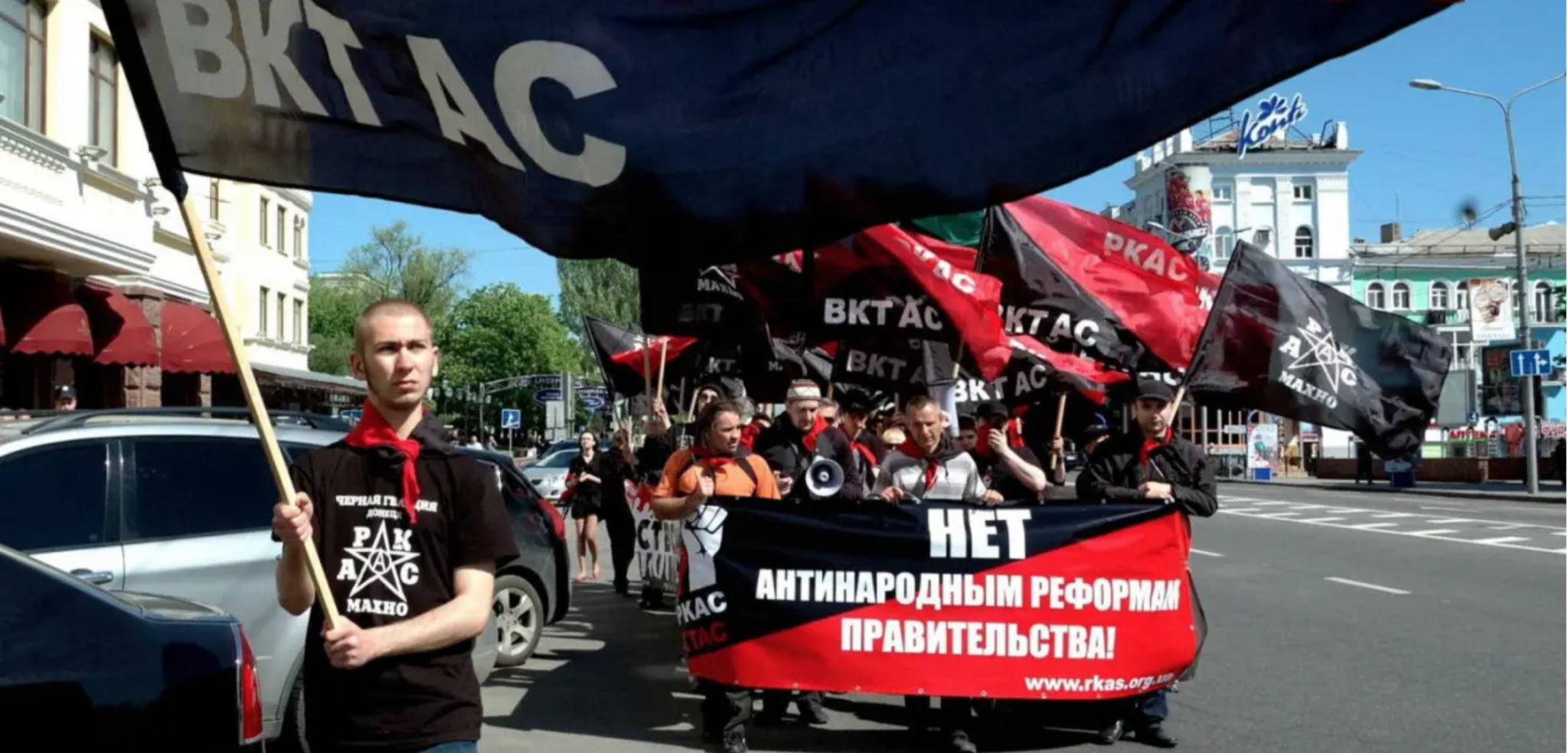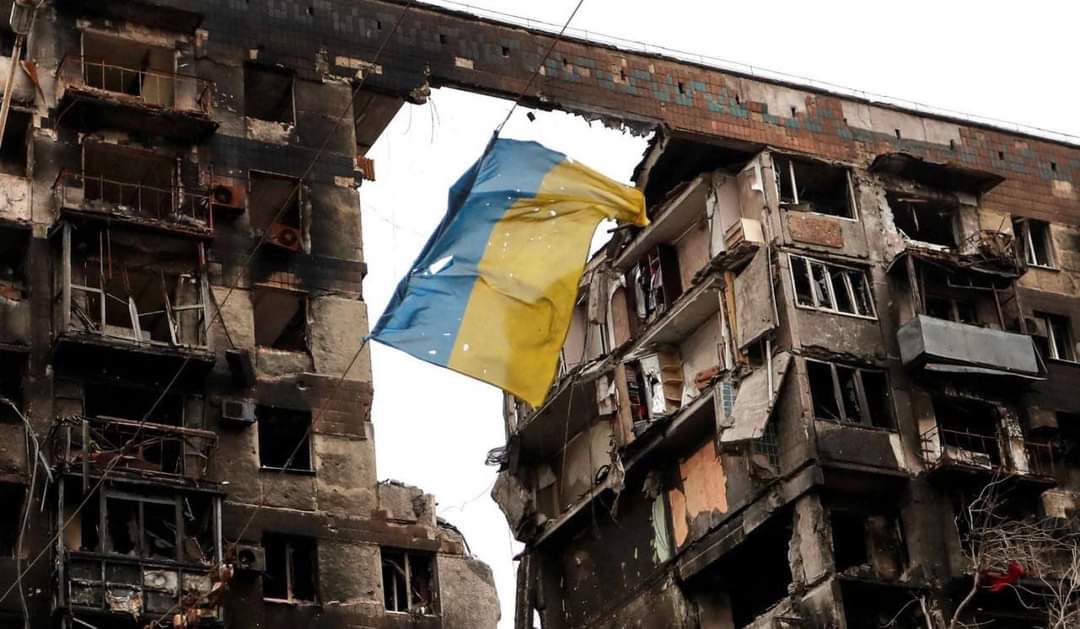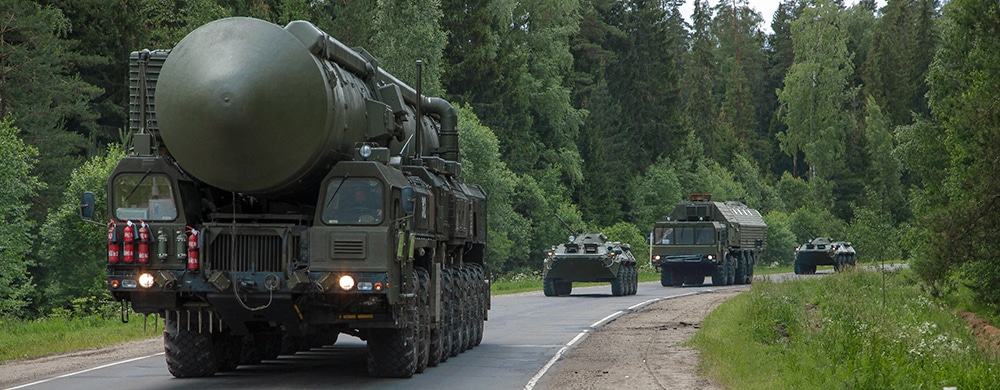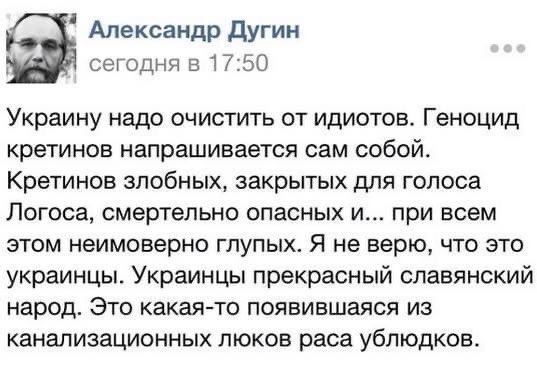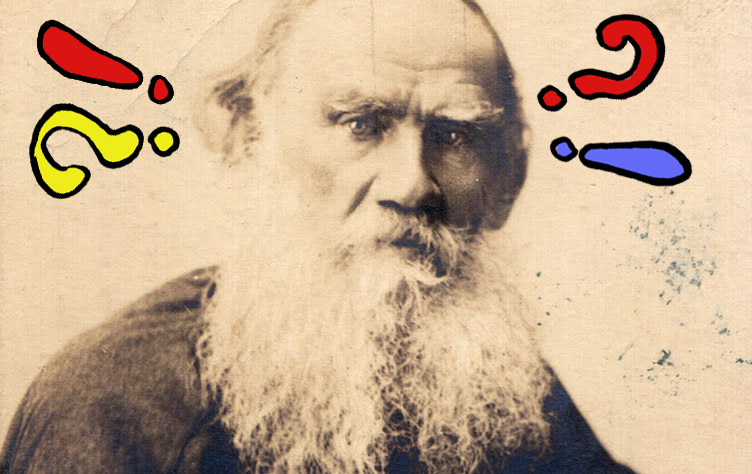
Podcast: Tolstoy would shit II
The bellicose and authoritarian Russian state’s propaganda exploitation of the anarcho-pacifist novelist Leo Tolstoy is an obvious and perverse irony. But a less obvious irony also presents itself. Like all fascist regimes, that of Vladimir Putin is stigmatizing and even criminalizing homosexuality and other sexual “deviance.” Following alarming reports of “concentration camps” for gay men in the Russian republic of Chechnya, Moscow began to impose an anti-gay agenda nationwide. A 2020 constitutional reform officially enshrined “traditional marriage,” while a “gay propaganda law” imposes penalties on any outward expression of gay identity, resulting in police raids on Moscow gay bars. The “LGBT movement” has been designated a “terrorist organization”; media depictions of same-sex love are banned as “deviant content.” Yet the venerable littérateur now glorified as a symbol of Russian nationalism may have himself been gay. In Episode 247 of the CounterVortex podcast, Bill Weinberg interviews Javier Sethness Castro, author of Queer Tolstoy: A Psychobiography (Routledge 2023).



